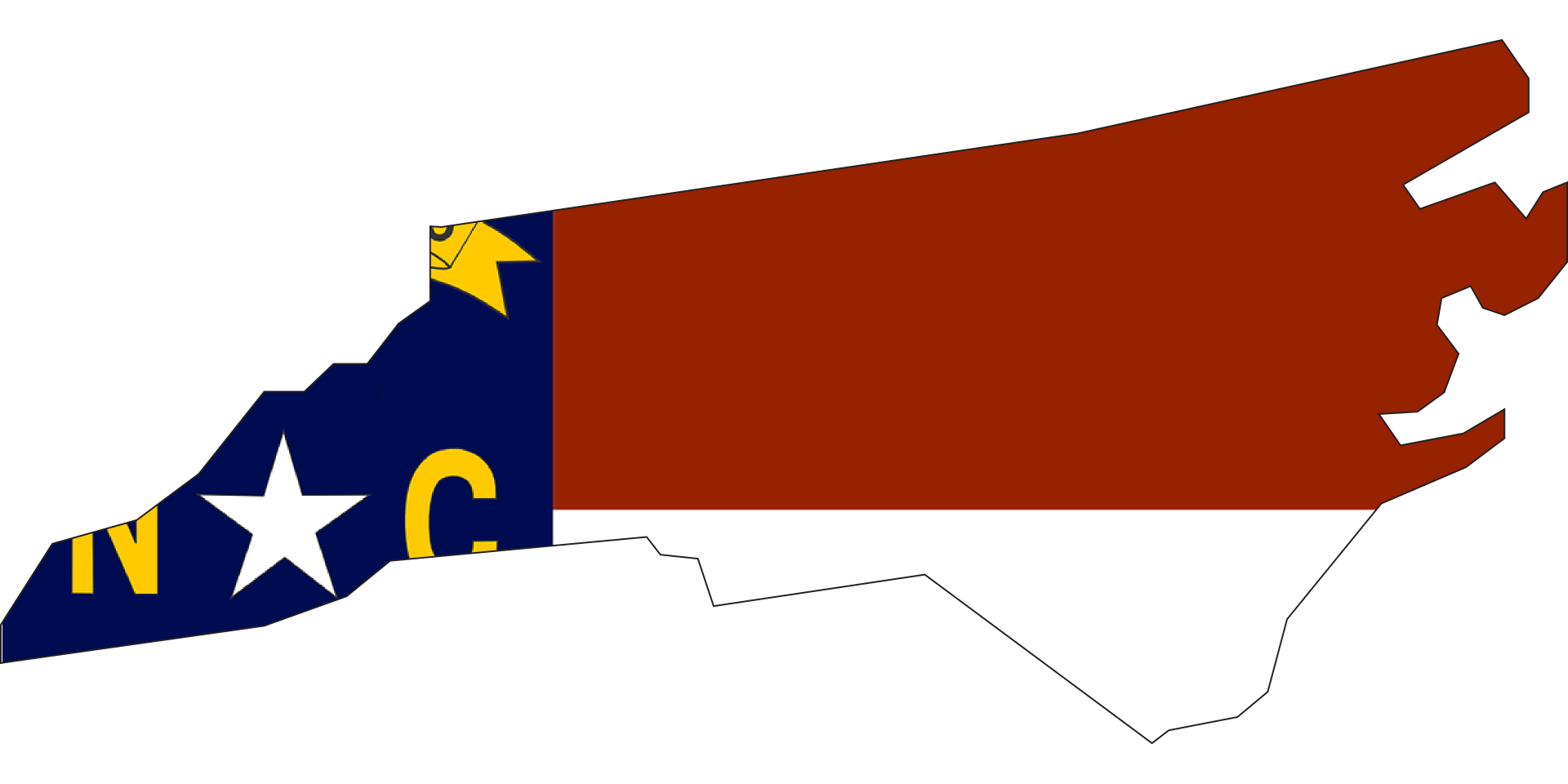The Basics of Cable Internet Contracts
Introduction
Cable internet contracts can be confusing with various terms, conditions, and fees. Understanding these basics will help you make informed decisions when choosing a provider and plan.
Contract Terms
Most cable internet providers offer contracts ranging from one to two years. The length of the contract often affects the pricing, with longer contracts generally offering lower monthly rates. However, it's essential to read the fine print to understand what you're committing to.
Early Termination Fees
Early termination fees (ETFs) are charges you incur if you cancel your contract before the end date. These fees can vary from provider to provider and can be quite substantial. It's crucial to be aware of the ETF amount before signing a contract. Some providers may offer promotions that waive these fees under certain conditions, so always ask about potential penalties for early cancellation.
Installation and Activation Fees
Many cable internet providers charge fees for installation and activation of the service. These fees can range from $50 to $100 or more. Some providers offer promotions that include free installation, so it’s worth inquiring about any current deals.
Equipment Fees
In addition to service fees, you may also be charged for renting equipment such as modems and routers. The monthly rental fee can add up over time. Some providers allow you to purchase your own equipment, which can be a cost-saving option in the long run.
Data Caps and Overage Fees
Some cable internet plans come with data caps, limiting the amount of data you can use each month. If you exceed this limit, you may be charged overage fees, which can be expensive. It's important to understand your data usage needs and choose a plan that accommodates them.
Promotional Rates and Price Increases
Cable internet providers often offer promotional rates for new customers. These rates are usually lower than the standard rates but only last for a limited time, typically 12 months. After the promotional period, the price will increase to the regular rate. Be sure to ask your provider what the standard rate will be after the promotion ends.
Bundling Services
Bundling your cable internet with other services like TV and phone can sometimes save you money. Many providers offer discounts for bundling services. However, it's important to compare the total cost of the bundle with the cost of purchasing each service separately to ensure you're getting a good deal.
Customer Service and Support
Reliable customer service and technical support are essential when dealing with internet service issues. Research the provider's reputation for customer service and read reviews from other customers to get an idea of what to expect.
Conclusion
Understanding the basics of cable internet contracts can help you avoid unexpected fees and make an informed decision when choosing a provider. Always read the fine print, ask about any potential fees, and compare different providers to find the best deal for your needs.





